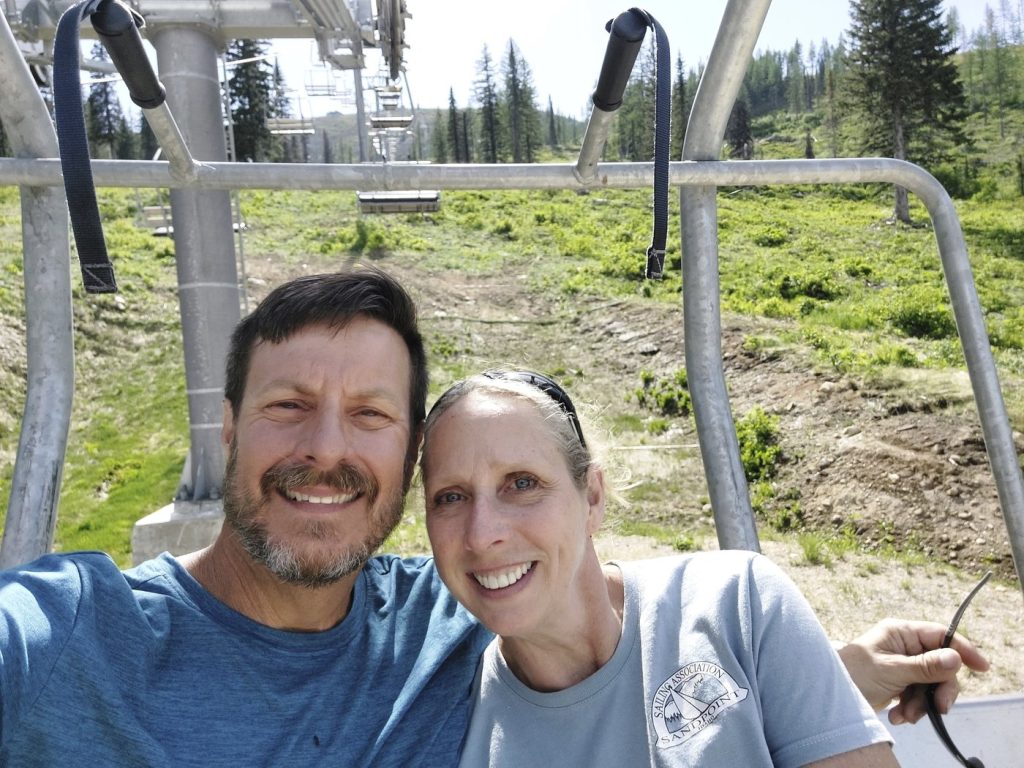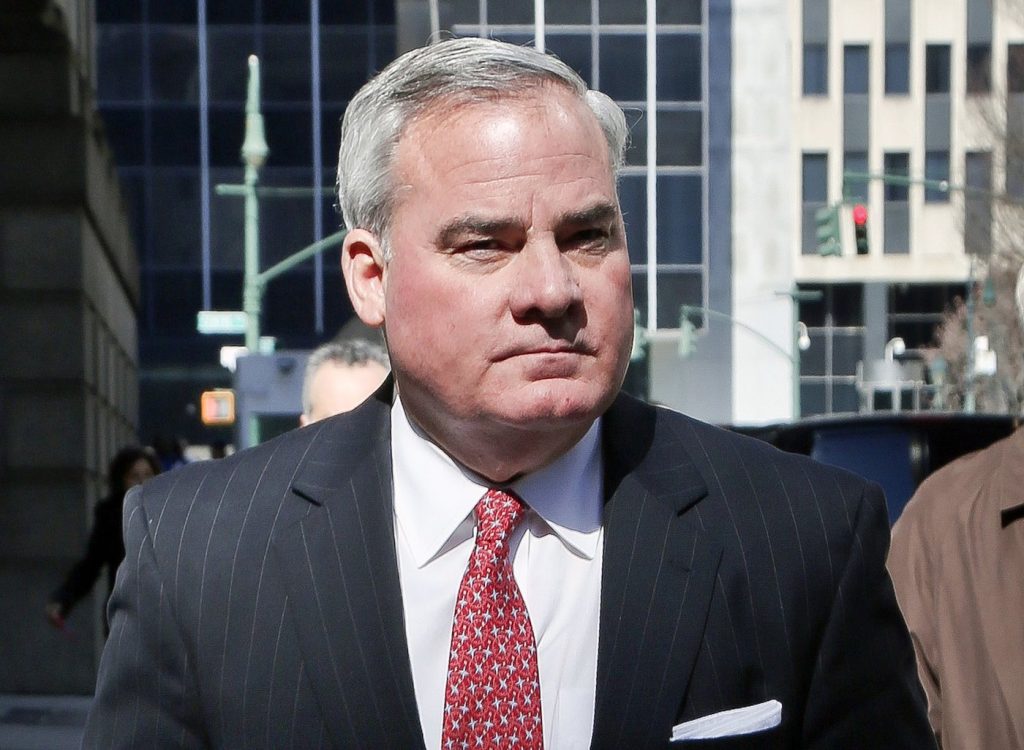ANCHORAGE, Alaska (AP) - A man named Kell Morris, aged 61, endured a harrowing experience when he was pinned face down in an icy creek by a 700-pound (318-kilogram) boulder for three hours. Remarkably, he emerged from this ordeal with only minor injuries, thanks to his wife’s quick thinking and a considerable amount of luck. The incident occurred during a hike near a remote glacier south of Anchorage.
The situation escalated when the boulder crashed onto Morris while he was navigating a rocky creek bed lined with massive boulders left by the glacier. His wife, Jo Roop, a retired Alaska State Trooper, played a crucial role by holding his head above water, preventing him from drowning as they awaited rescue. She had been trying to free him for about 30 minutes before deciding to seek help.
As fate would have it, a sled dog tourism company operating on the glacier overheard the 911 dispatch call and volunteered its helicopter to transport rescuers to the remote scene, which was otherwise inaccessible by all-terrain vehicles. This pivotal moment undoubtedly influenced the rescue’s outcome.
Rescuers arrived on the scene and faced the daunting task of lifting the heavy boulder off Morris, who was drifting in and out of consciousness. It took a team of seven men and inflatable airbags to slightly lift the boulder before they could pull him out. "It was basically an avalanche of boulders," recalled Seward Fire Chief Clinton Crites, who noted that the positioning of Morris' body amidst other rocks also helped to prevent severe injury.
Morris and Roop, who relocated to Seward, Alaska, from Idaho just the previous fall, found themselves hiking on an isolated and undeveloped trail behind a state prison. They had chosen to avoid the crowded Kenai Peninsula during the holiday season that weekend, seeking a more secluded hiking experience.
While descending toward the creek, Morris encountered a precarious section of the trail that gave way. He tumbled approximately 20 feet (6 meters) before landing in the icy water, where he felt the full weight of the boulder compress him. Morris anticipated a grim outcome, fearing for his femur and overall survival as he lay pinned. Fortunately, after Roop’s successful communication with 911 and the quick response of the rescuers, he was eventually pulled to safety.
When the firefighters, who were unable to use their vehicles due to the rugged terrain, arrived by helicopter, they quickly got to work using specialized equipment and sheer manpower to lift the boulder. "One, two, three, push," Crites recounted as the team collectively hoisted the boulder enough to release Morris from beneath it.
A National Guard helicopter later transported Morris out of the creek bed using a rescue basket. Following this traumatic experience, he spent two nights in the hospital for observation but thankfully walked away largely unscathed. Morris expressed gratitude for the entire rescue operation and credited his survival to both divine intervention and his devoted wife. "I was fully expecting a body recovery, not him walking away without a scratch," Crites remarked in disbelief at the unexpected outcome.
Reflecting on the incident, Morris acknowledged it might serve as a wake-up call regarding his adventurous pursuits at his age. He stated that he and Roop would adhere to well-established trails for future hikes, promising to "stop the trailblazing.” The remarkable rescue highlights not just the dangers of outdoor activities but also the vital importance of teamwork and quick thinking in emergency situations.












